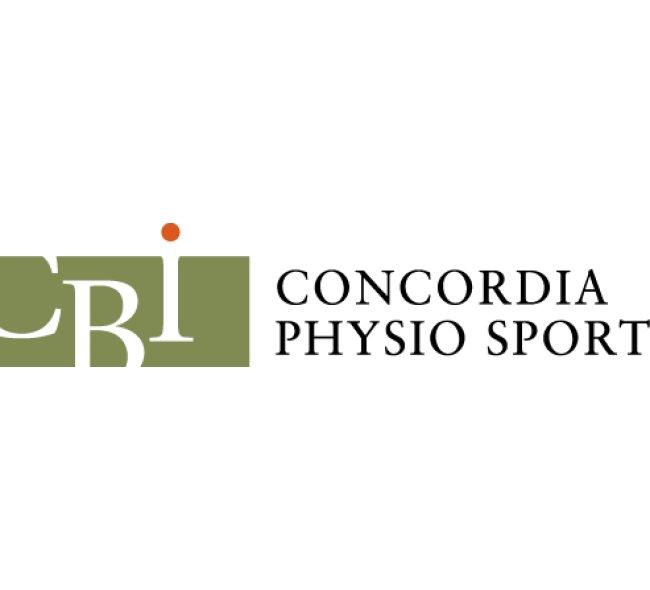
Does Parkinson’s Disease Affect Memory?
Parkinson’s disease affects people in many different ways and memory is among many components that can be affected.
Cognitive loss associated with Parkinson’s disease
Parkinson’s disease is first and foremost associated with mobility issues. However, as the disease progresses, brain function can decline – which is called cognitive impairment associated with Parkinson’s. Cognitive loss is very frequent in the disease’s late stages. Factors that increase the odds of developing cognitive impairment from Parkinson’s include: being older, longer duration of disease, and more severe symptoms. Up to 30% of people with Parkinson’s have significant cognitive impairment.
What are the main symptoms of cognitive impairment from Parkinson’s?
People who develop cognitive impairment from Parkinson’s can struggle on several fronts:
- Slower thoughts
Thinking and interacting with the environment takes much longer than before. It’s as if the typical slowness in movements also affected one’s thoughts. - Visuospatial awareness
Understanding the environment, drawing, and visual memory decline. - Planning and judgment
Tasks that require planning and organization become a lot harder to accomplish. - Delusions and hallucinations
Parkinson’s disease can prevent a person from understanding their environment and reality correctly.
How are cognitive impairment from Parkinson’s categorized?
The degree of cognitive impairment from Parkinson’s disease is usually categorized based on its severity, similarly to many other cognitive disorders (including Alzheimer’s). When the cognitive impairment due to Parkinson’s does not affect a person’s ability to function independently (see our article on ADLs), it is categorized as Mild cognitive impairment due to Parkinson’s. When it does affect instrumental activities of daily living (read our article on iADLs), it is categorized as Major neurocognitive disorder (or dementia) due to Parkinson’s. To learn more about the distinction between different types of dementia, you can read: What Are the Forms of Dementia and Why It Is Important to Make a Distinction.
Are there medications for cognitive impairments from Parkinson’s disease?
Medications for the cognitive impairments caused by Parkinson’s disease do exist, just like there are some for the motor symptoms (e.g. tremors or rigidity). These medications are called acetylcholinesterase inhibitors: rivastigmine (commercialized as Exelon), galantamine (Reminyl), and donepezil (Aricept). They are also used for Alzheimer’s disease.
Are cognitive impairments due to Parkinson’s disease the same as those from Alzheimer’s disease?
Parkinson’s disease and Alzheimer’s disease are both neurodegenerative diseases. However, their effect on the brain differ: Alzheimer’s primarily affects cognitive functions whereas Parkinson’s primarily affects motor functions and then, secondarily, cognitive functions. And among cognitive functions, Parkinson’s does not impair memory and language functions as much as Alzheimer’s disease. To learn more about the different functions of the brain, you can read: Our Brain: It Does More than Just Remember.








































